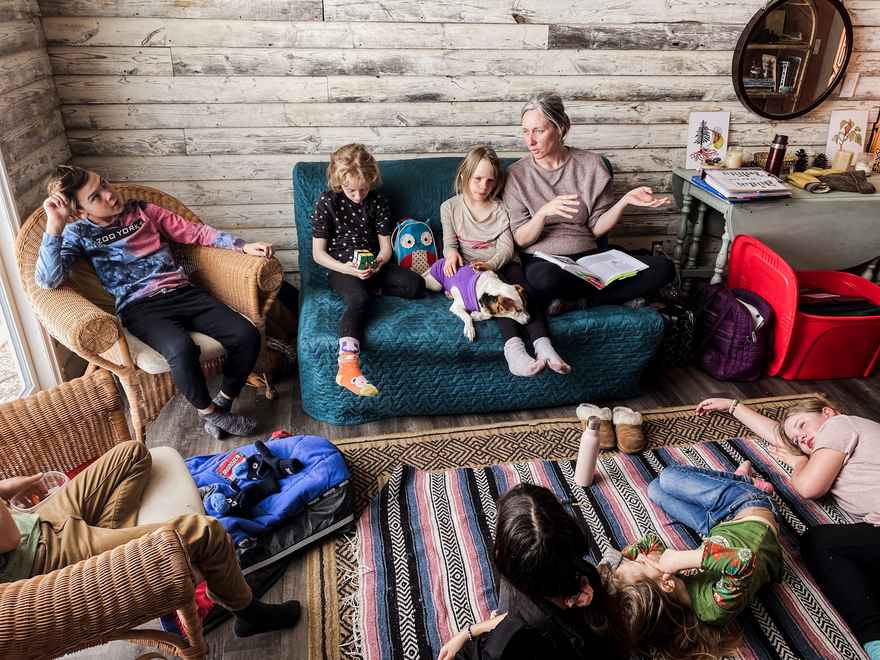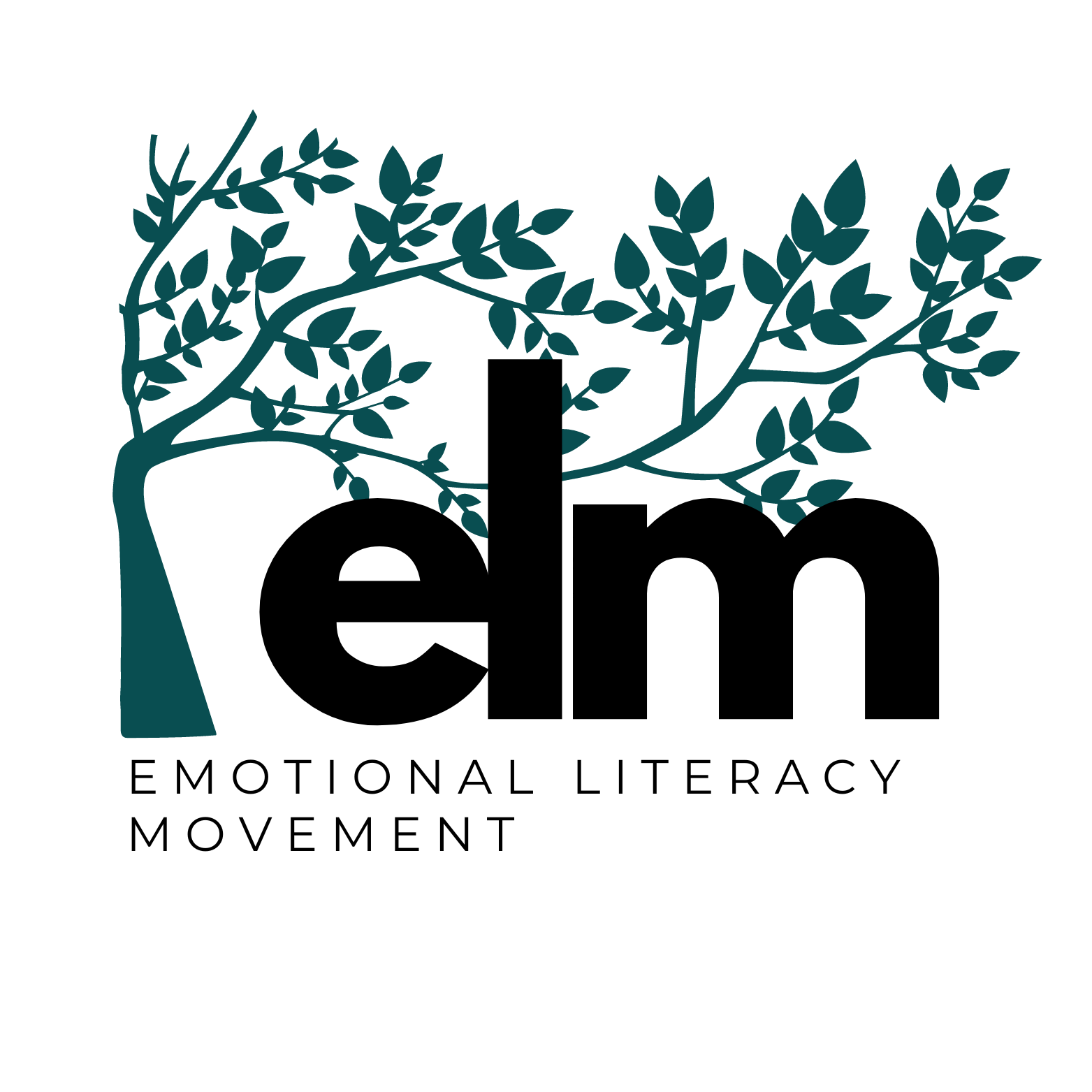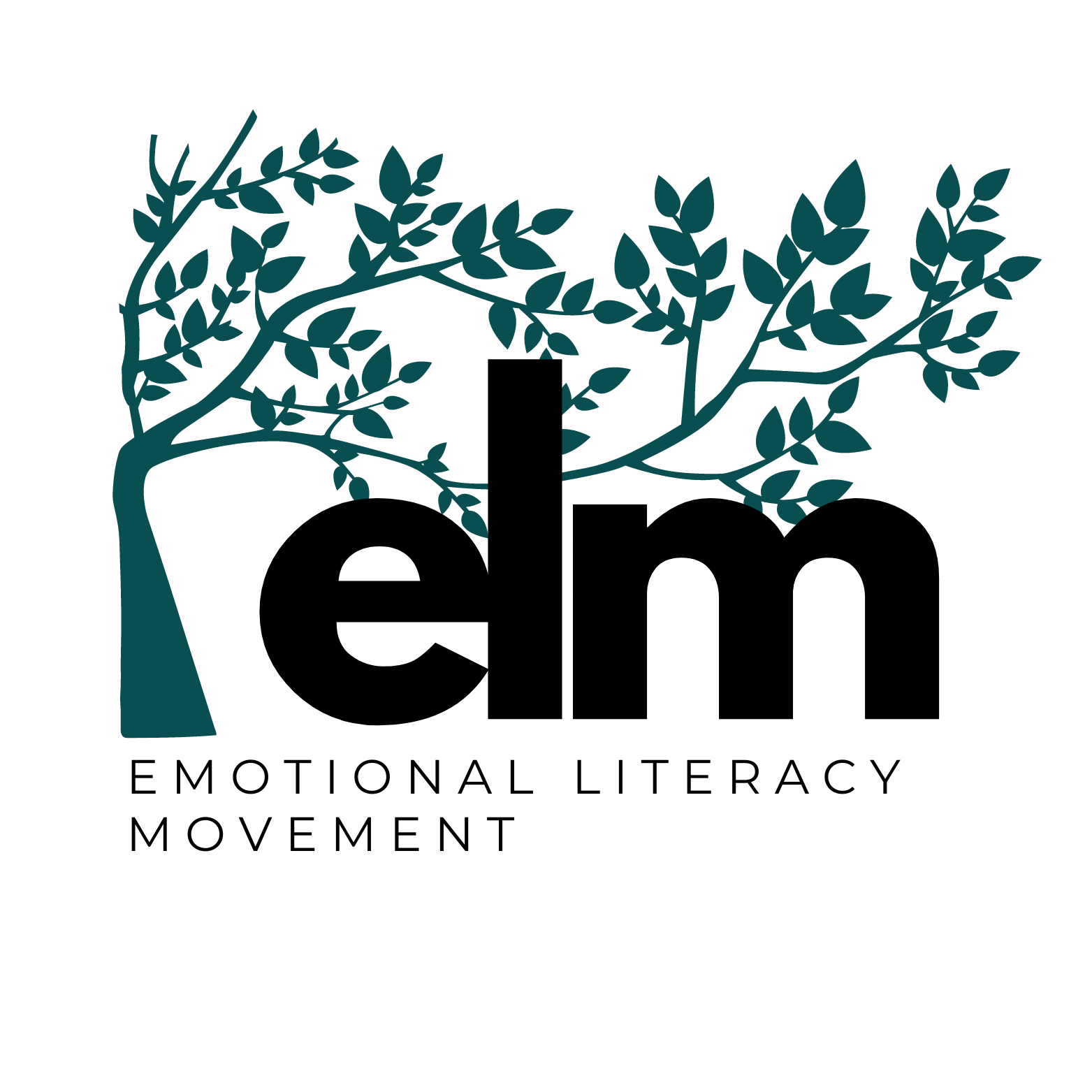The Road to Now

“The most fundamental aggression to ourselves, the most fundamental harm we can do to ourselves, is to remain ignorant by not having the courage and the respect to look at ourselves honestly and gently.”
― Pema Chödrön, When Things Fall Apart: Heart Advice for Difficult Times
January 30, 2021
It’s a still, quiet morning as I cozy myself back into my bed – which becomes my office after 9am. A global pandemic and a house of three adults, one child, a puppy, and a grouchy (but loveable) old cat doesn’t leave much room for optimal working space around here. I’ve just returned from my morning ritual of walking my daughter to school. This 20-minute round-trip sets the tone for my day. She and I often walk hand-in-hand and Talk about what we are excited or apprehensive about. It’s a time to commune together and to check-in with one another. When the bell rings, we share one last hug and part ways. Now it’s my turn to reflect in silence. To check-in with myself. Lately these morning walks (and the frequent evening walks) have been my space to sort out my thoughts.
It’s been nearly two decades since I made the decision to become an educator, and I’ve spent the better part of that time working towards the goals that are now coming to fruition. School was always a very lonely place for me. I was painfully shy, and though I had a few friends I consistently felt like I didn’t fit in. I was often nervous and struggled to keep up with the class, but not so much that my teachers paid much attention to me. I was your typical shy kid with a “C” average. I didn’t stand out. In fact, I wanted more than anything to blend in. I would not actively participate in class or organized sports; these sorts of scenarios always held an immense amount of discomfort for me. I could barely breathe during a classroom presentation, and the idea that teammates might need to depend on me was far too much pressure. So in some ways it was a surprise even to myself that I pursued a career in this field. Schools play a powerful role in nurturing a child’s sense of belonging. It’s within this social structure that many of us begin to piece together our sense of self-worth and connection to the world-at-large. It is here that we develop many of the skills that we are told will bring us success later in life. As a result, if a child is given feedback that their academic achievements are subpar and their social connections are fragile at best, it is hard to leave this establishment with the confidence that one has the ability to make it out in the world. I don’t even recall making the conscious decision to be a teacher, rather I felt deep down that I didn’t want another child to feel as alone and helpless as I did throughout my school experience.
Thankfully, by the time I entered the workforce the system was beginning to shift. As I stepped into my role as an educator, I began seeing evidence that schools were taking steps to embrace a whole-child approach. Responsive Classroom programs began to take shape, and children were beginning to learn the importance of establishing healthy relationships with one another. There was more focus on empathy, inclusion, Indigenous teachings, and differentiated instruction. Students were now in the early stages of learning to self-regulate as opposed to strictly being disciplined for non-conformity. They were learning to take note of what was happening in their bodies, use breathing tools, fidgets, and take advantage of areas designed for breaks when needed. Teachers were now becoming versed in brain-based research and incorporating movement breaks and meditation time into their classroom routines. Classrooms were now recognized as a connected cohort, rather than a standardized box into which a child should fit.
There was absolutely no place in the world I felt more at home than in a classroom. Only a teacher can relate to the thrill of watching your students light up and transform over a year together. For a brief time in each other’s lives, we are inextricably connected. We spend 30 hours a week learning, navigating challenges, finding solutions, and becoming a family. As the year goes on and we fall into our routines, we get to know one another’s quirks and how the slightest change in expression or posture could signal burnout, confusion, or pride. Being an educator is a wonderful and fulfilling privilege; you wake up every day knowing that the work you do is impacting the state of the world tomorrow and the lives of the many students in your care. We are raising tomorrow’s leaders, and it’s an honour to be a part of such a worthwhile task. There is nothing else I feel as passionately about as teaching.
Except when the demands were too high, the needs were too many, and the support was too little. It’s on those days that I can recall only the feelings of failure; the narrative of “not enough” playing over and over in my head. Not enough time, energy, patience, knowledge, resources… the list goes on. I remember returning home many evenings with marking in hand, obsessing over the events of the day. Some nights I would lie awake, replaying the details of a traumatic incident a child had revealed to me. All too often I would realize that, despite years of education, I had neither the skills nor the resources to adequately meet my student’s needs.
None of us were truly prepared when we graduated with our Education degrees. We knew nothing of the politics of the system. We had little understanding of all that would be expected of us. We were naïve to think we could find some sort of work/life balance that allowed us to care for our students, our families, and ourselves. We didn’t know that we were signing up to be social workers, counsellors, project managers, mediators, and often stand-in parental figures on top of our extensive job descriptions.
You learn to seize the moments that keep you going, when your consistent effort finally pays off and a student has a breakthrough, no matter how small. Teachers live for these moments. If one is lucky, you get to be at a school long enough to see many of the students grow up in front of your eyes. You get to celebrate over and over their many accomplishments as they weave their way through the education system. They will come and stop in your classroom from time-to-time just to connect, ask for advice, or hand you a picture they drew for you. I, for better or worse, spent my classroom career spread out over seven different schools. While I can now appreciate these opportunities to make several lasting connections and experience various school climates, it was a heart-wrenching experience every time. Leaving a school community behind is never easy, especially when the bonds created with the students in your care run so deep. I know that there were many students who saw me off with ease, and others to whom I became just another person who’d abandoned them. I’m fortunate enough to have had a handful of students reach out as adults to share their journey with me, and that is a gift that is beyond precious.
I remember how scared and lost I felt when I stepped away from full-time teaching after 9 years of living and breathing it every minute. At the time, losing my career felt like losing my identity and sense of belonging in this world. A series of unfortunate events occurred that gave me little choice but to make my exit. While I have occasionally laid blame in one area or another, the truth is that it was the perfect storm. Stability and a sense of routine and safety is important for an individual to thrive. Packing up my class, saying goodbye to colleagues and students, and adapting to a new school year after year had taken its toll. This, combined with being a new mother and six deaths in the family over three short years, resulted in the collapse of my mental health. At this point, my body itself was screaming for me to stop, rest, and repair. But stopping was not in my vocabulary. I simply did not understand how to prioritize my health, nor the impacts on others for not doing so. I became sick with ailments that doctors could not diagnose. Chronic pain became my normal and I began to feel helpless, fearing that I would never fully recover my vitality and joy for life. Being a mother now, I was well aware that my daughter was learning valuable life lessons through her observations of my behaviour and how I responded to her and the world. I simply could not continue down this path if my aim was to raise a resilient, happy, and healthy child. She needed her mother, and I needed to start showing up for myself.
It’s been five years since I departed from my role as a full-time classroom teacher to show up as a full-time mother (both to myself and my daughter). In these five years I have sold my home and the majority of my possessions, moved three times, lived communally, travelled, spent time in the jungles of the Amazon, gotten divorced, gotten remarried, became a stepmother, studied my butt off, and learned more about myself and this thing we call life than I had in the thirty-one years prior. I set out on a mission to understand myself better, and through this understanding connect more deeply with the world and people around me.
Anyone who has lived with debilitating mental health issues can relate to the helplessness, shame, frustration, and insecurity that comes with doubting your sense of safety in the world and trusting in the authenticity of the love and sense of belonging we seek from others. It’s an painful state in which to exist. Thankfully, one of my primary coping mechanisms was to throw myself into studying this very topic in order to regain some sense of control of my life. And while one could argue that this isn’t exactly the healthiest strategy to employ on a consistent basis, my research led me to a deeper understanding of what I was experiencing internally. Suddenly, instead of feeling like I had an over-sensitive and defective nervous system, I was able to understand why I reacted to my environment the way I did, and where the control dials were located.
It was through this work I began to understand the psychology of my former students and develop effective strategies to meet them on their level. I was able to reflect on all of my life experiences through a new lens of comprehension and empowerment.
But why did I have to dig so deep to discover this information? Why was it such a chore to become emotionally informed? There exists plenty of research in this area but none of it seems to be readily accessible. What if our children grew up in a world that valued emotional literacy in the same capacity that we celebrate the intellectual and physical? What if strategies for healthy emotional processing and high-level communication skills became a part of the curriculum for an entire society?
In my opinion, we would transform the world. We would have happier and healthier family dynamics and relationships. We would reduce conflict in our workplaces and have generally happier and more productive employees. If humans were to systemically rehabilitate our connection to our emotional systems, we would see a reduction in violent crimes, domestic abuse, poverty, and addictions. We would see an increase in physical health, relationship satisfaction, overall capacity for learning, and community connection. And while I’m well aware that this is not a cure-all, I feel it is a key component to a healthy society that we are sorely lacking in the world today.
The Emotional Literacy Movement is my journey… and it’s your journey. It’s the lessons I learned in my years of navigating crippling grief and anxiety, and the lessons I continue to learn as I move forward as a more authentic, open, and radiant version of myself. It’s the story of how an over-burdened and over-medicated working mother was able to fully regain control of her body by learning about her body. It’s the story of how we build relationships with ourselves and others. It’s about how my studies in neurology, psychology, movement, and the arts saved my life, and how they can help you reclaim yours.
Teaching is ingrained in my being, and so it is with a joyful heart that I share with you everything I have learned and continue to learn.
Welcome to The ELM.
~ Kris Garner


0 comments
Leave a comment
Please log in or register to post a comment